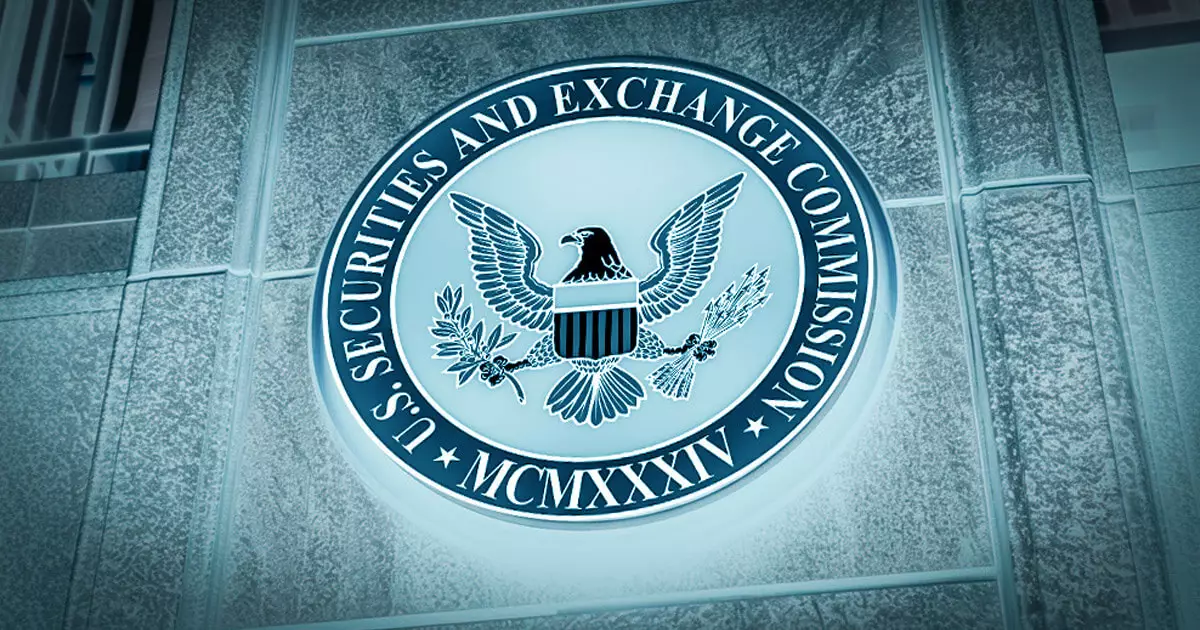The US Securities and Exchange Commission (SEC) recently emphasized the crucial need for retail investors to have more timely access to fund portfolio data. This data is vital for making informed investment decisions, especially during market uncertainties such as the COVID-19 pandemic and geopolitical events. Currently, the regulatory framework requires registered investment companies to provide periodic portfolio holdings data to the Commission and investors. However, this data often faces delays, impacting millions of households in the US.
Commissioner Jaime E. Lizárraga drew attention to the potential solution that blockchain oracles, like those provided by Chainlink, could offer. These oracles act as intermediaries that connect blockchains with external data sources. With decentralized oracle networks (DONs), these systems can securely fetch, verify, and transmit external data to blockchains, ensuring that the data remains tamper-proof and reliable. Chainlink has already proven its ability to provide real-time data feeds for various decentralized finance (DeFi) applications, enabling smart contracts to access a wide range of data sources.
The collaboration between Chainlink and financial institutions such as Fidelity International and Sygnum showcases the potential of bringing Net Asset Value (NAV) data on-chain. This collaboration provides real-time transparency and accessibility for fund portfolio data, benefiting retail investors. By integrating blockchain oracles into the financial ecosystem, the SEC’s concerns regarding delayed access to critical financial information can be addressed. This integration not only enhances investor protection but also enables the Commission to assess market trends and risks in real-time.
While current reforms may be a step in the right direction, Commissioner Lizárraga stressed the importance of further amendments to ensure that retail investors are not disadvantaged by delayed access to crucial financial information. By adopting blockchain oracles and leveraging their capabilities to provide timely and standardized access to fund portfolio data, the financial industry can enhance transparency, accessibility, and ultimately, investor confidence. It is crucial for regulatory bodies to keep pace with technological advancements to meet the evolving needs of investors in an ever-changing market landscape.

